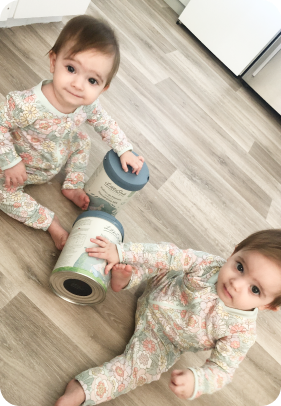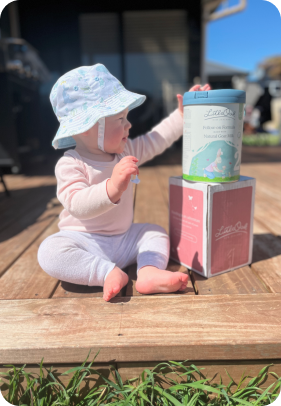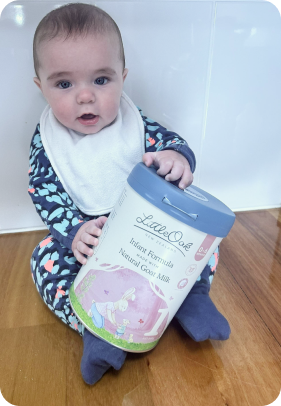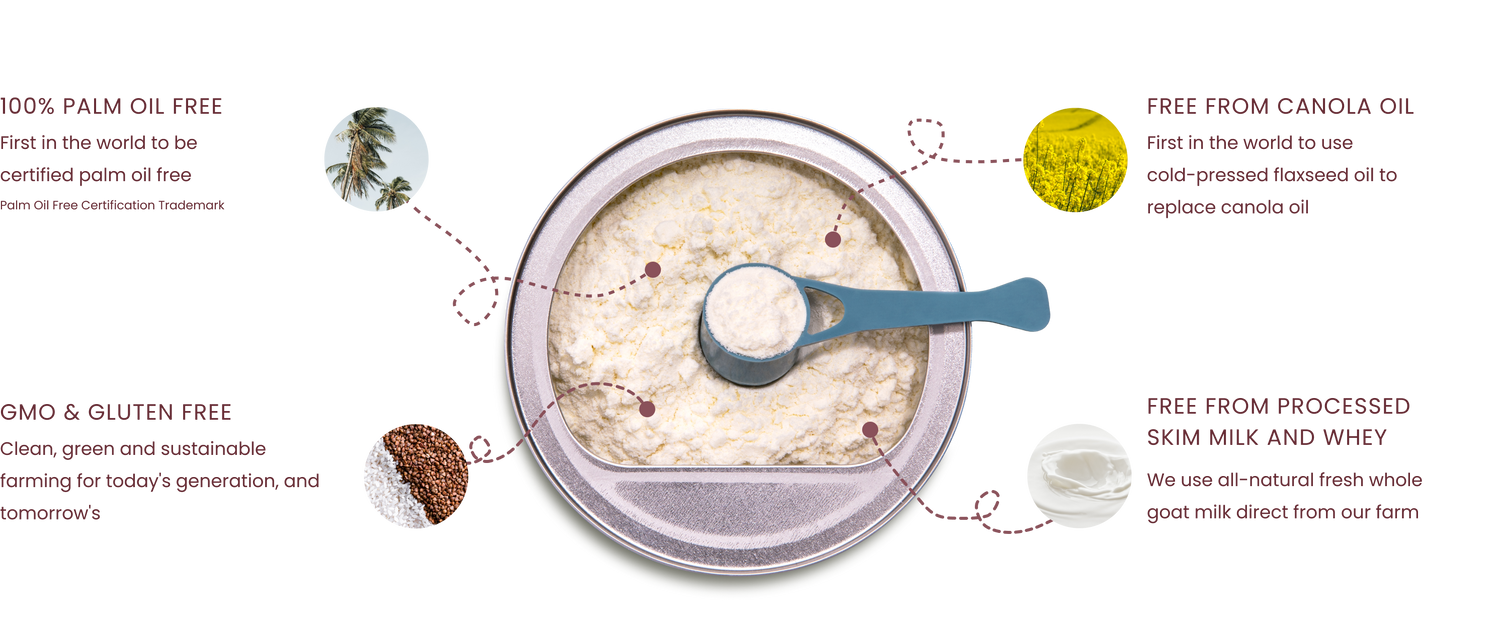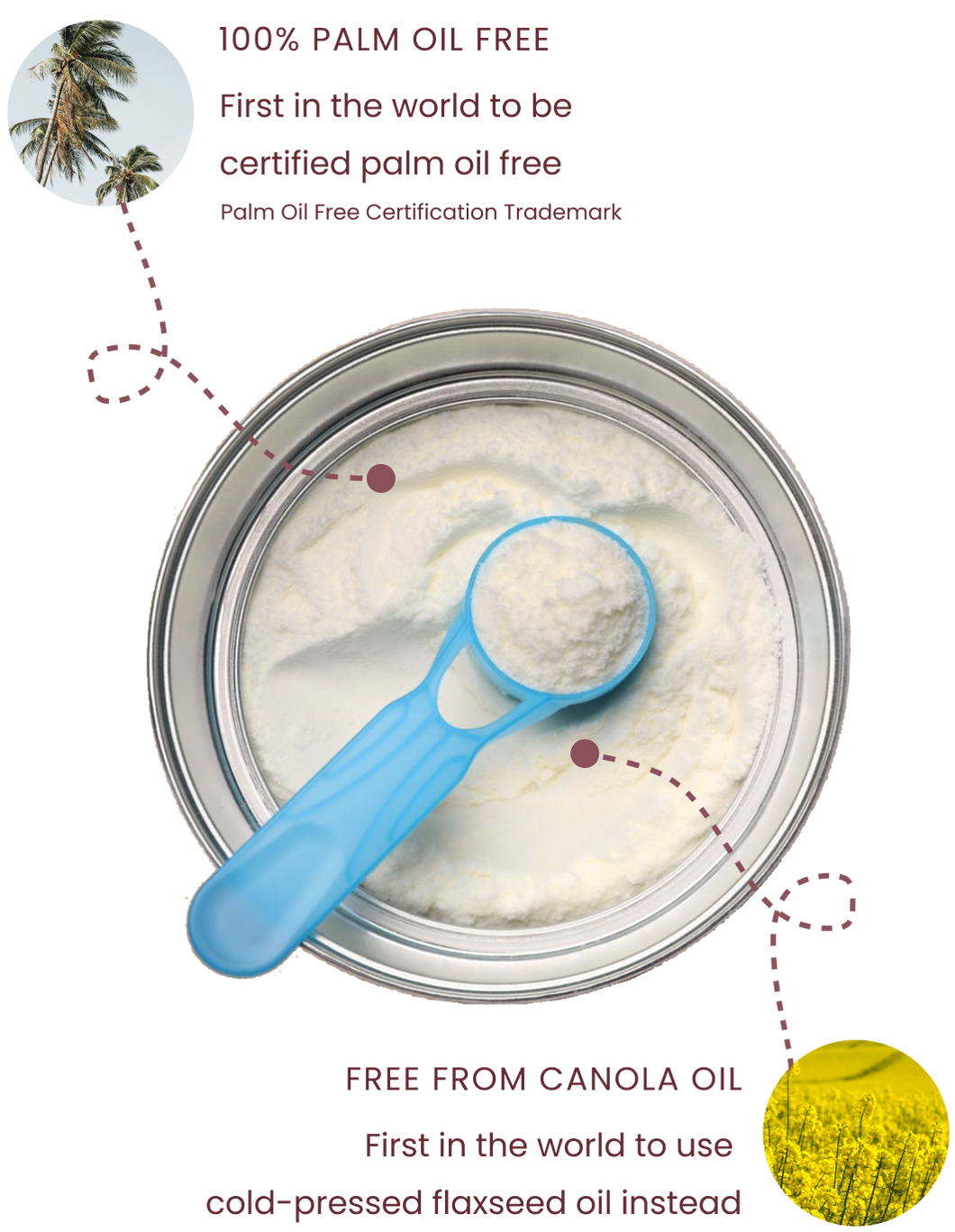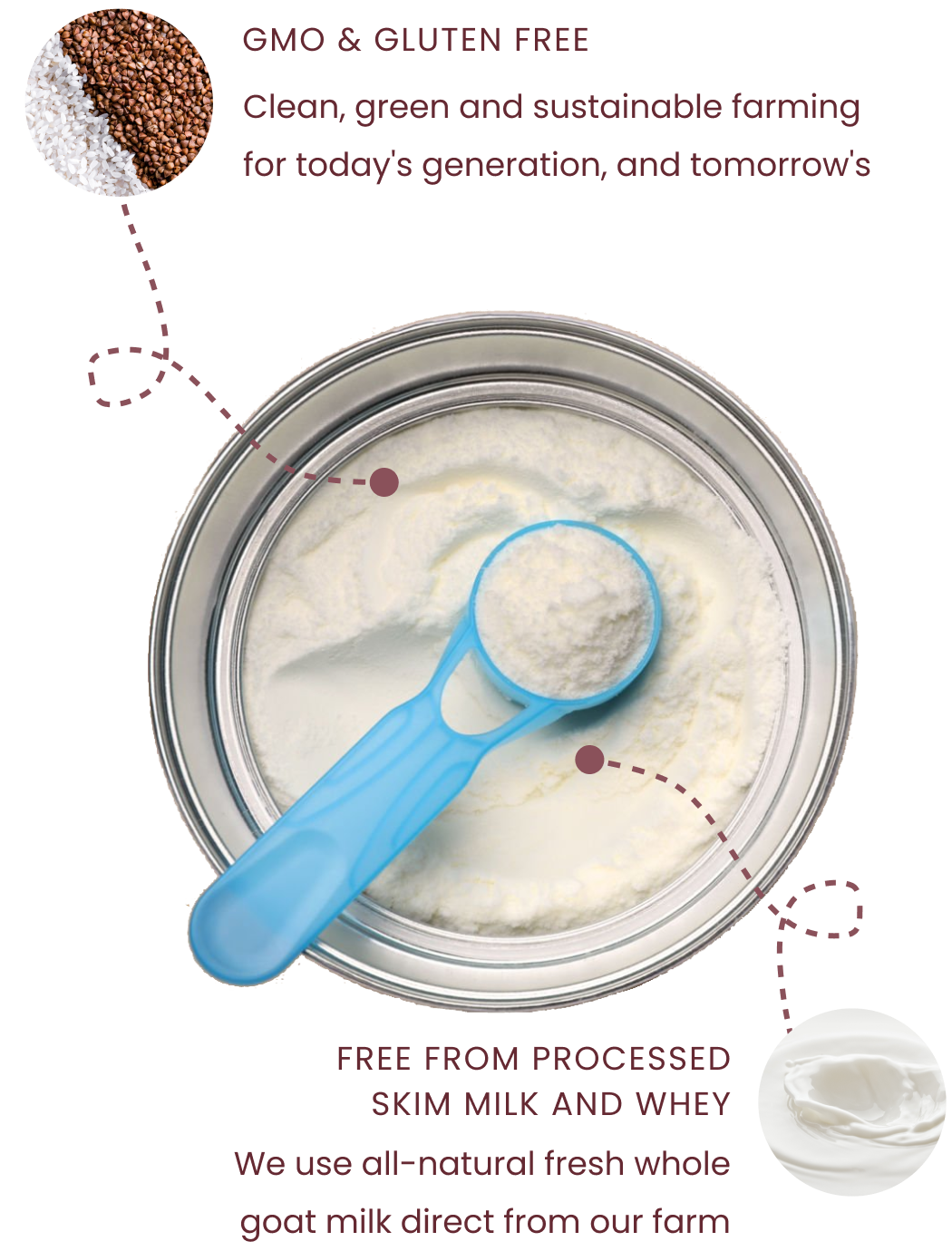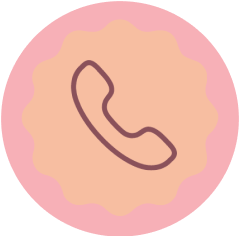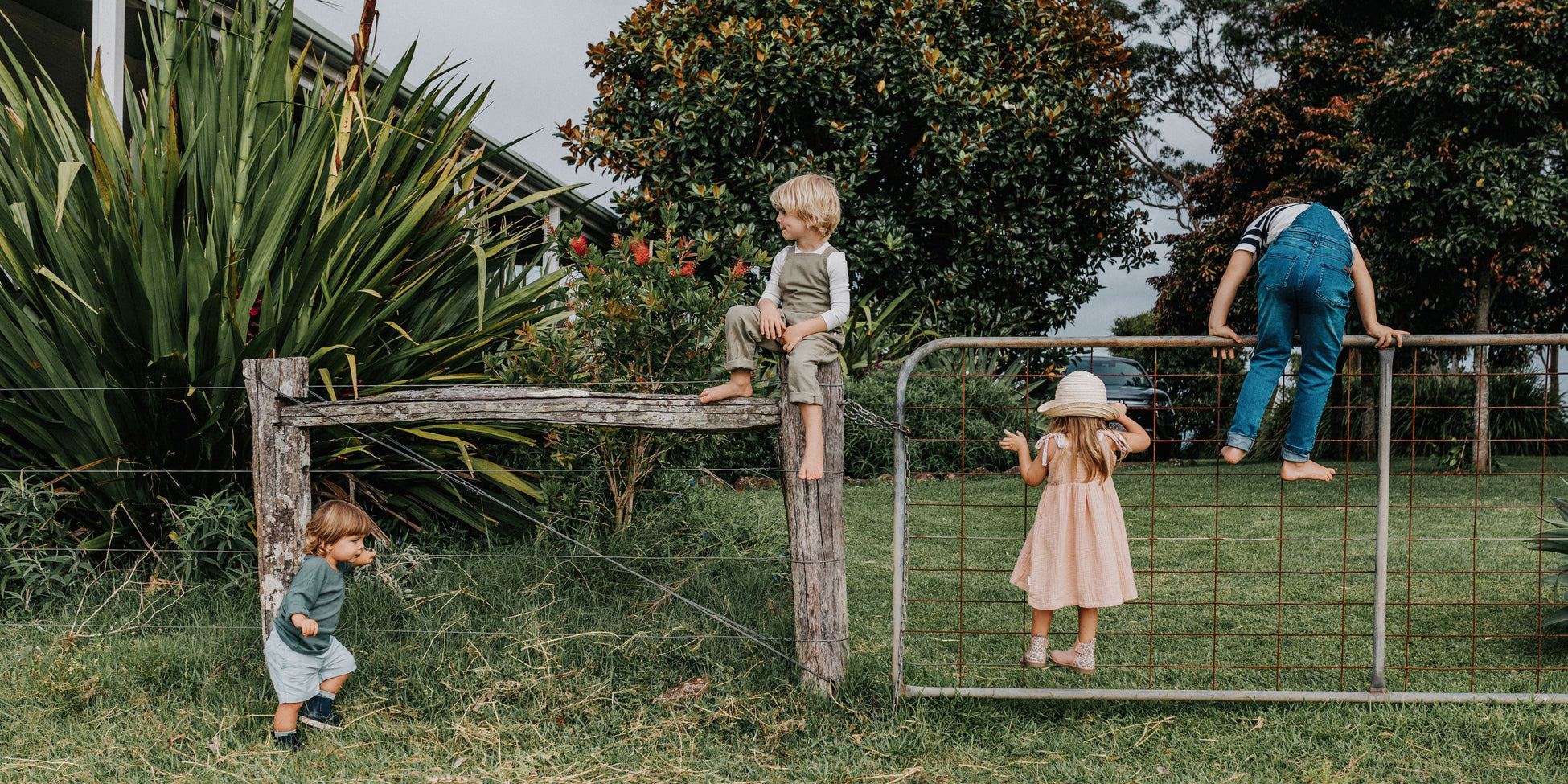Introducing solids is an incredibly exciting time in your little one's development. But as a team of mums and dads, we know that watching them embark on their solid food journey can be equally as stressful. Let us lend a helpful hand as we share some little tips for baby's first bites. The most important thing to remember is that this journey is entirely up to you and your family – after all, you know your child best. Of course, if you have any concerns about your little one's milestones, don’t hesitate to consult your doctor.
When should you introduce solids?
Ideally, babies should be starting solids at around 6 months of age. Introducing solids too early can lead to constipation, while starting too late can make your baby more vulnerable to allergies. By waiting until around 6 months and watching for your baby's signs of readiness, you can ensure a smooth transition to solid foods.
What are the signs of readiness?
-
Good head and neck control: Your little one should be able to sit upright when supported
-
Showing an interest in food: They may watch you eat, reach for food, or show curiosity about what’s on your plate. This is a good sign!
-
Opening their mouth: If your baby willingly opens their mouth when food is offered on a spoon, this is a strong readiness cue.
-
Loss of extrusion reflex: The natural reflex that pushes food out of their mouth usually diminishes around 6 months.
Five tips for introducing solids
-
Be patient: Remember that it may take some time for your little one to accept new foods. While they may refuse at first, all you need is a little time and patience.
-
Introduce new foods one at a time: Start slowly and keep an eye out for allergic reactions. It's a good idea to offer a new food and then wait a few days before introducing something else.
-
Offer a variety of textures: Include mashed, smooth, or soft small pieces to help your baby explore different textures safely.
-
Find the right moment: Try to make sure your baby isn’t too hungry, too full or distressed in anyway – it’s never easy feeding a baby who is upset.
-
Focus on iron-rich options: Pair iron-fortified foods with vitamin C–rich fruits to support absorption. Think leafy greens, eggs, and plenty of fresh fruit.
Day on a plate for babies starting solids
Once your baby begins solids, it's important to focus on macronutrient balance. Clinical nutritionist, Emma Morris, says you should make sure your child has a source of protein, a really good source of essential fats, a source of complex carbohydrates and some fruits and vegetables on their plate. Here are some examples:
- Protein: Meats, fish, eggs, legumes, and nuts/seeds
- Essential fats: Avocado, nuts/seeds and their butters, olive oil, fatty fish, coconut oil and milks
- Complex carbohydrates: Legumes, oats, good quality bread, and vegetables such as potato and pumpkin
- Fibre: vegetables and fruits.
.....
LittleOak has been nourishing children for many years and feeds millions of infants, babies and children across the globe each and every day, in countries such as Australia, New Zealand and Singapore. In the US, we're proud to have our FDA compliant Toddler Milk available for families.














